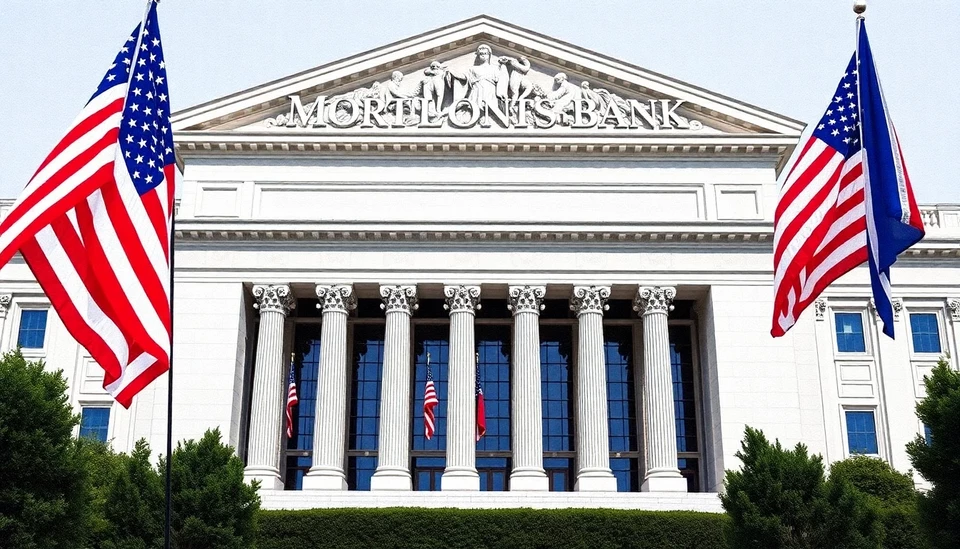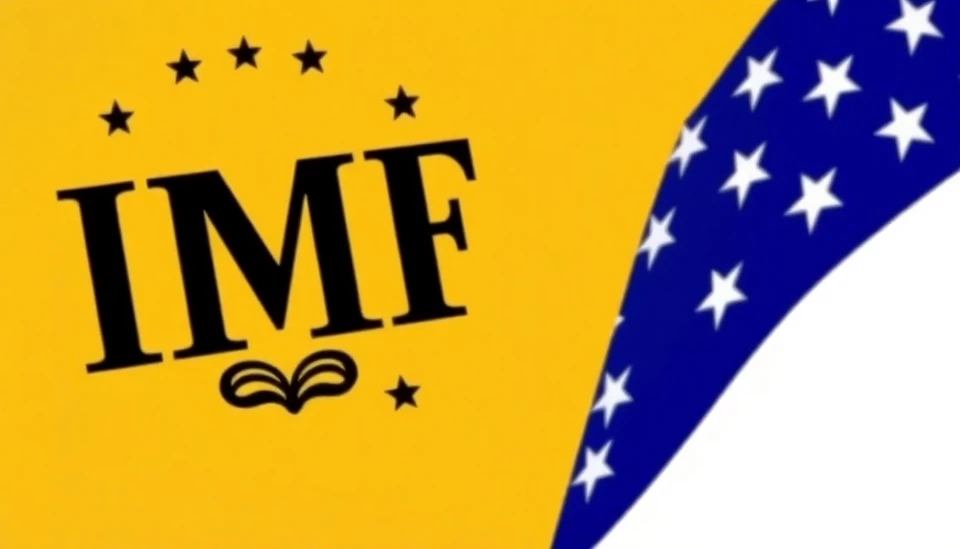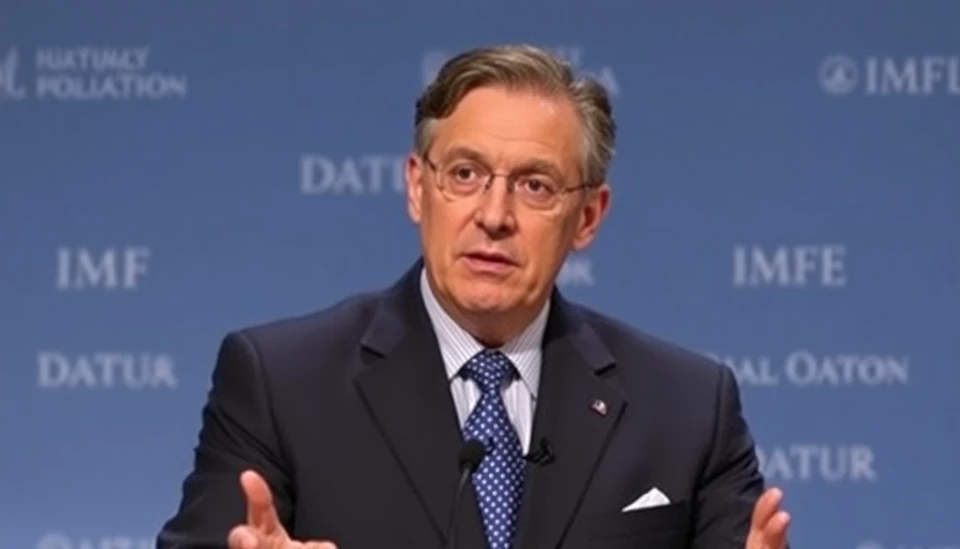
In a significant announcement from the U.S. Treasury, Under Secretary for International Finance, Brent Bessent, declared the country's unwavering support for the International Monetary Fund (IMF) and World Bank. This backing comes concurrently with a clear call for comprehensive reforms to enhance the operations and effectiveness of these global financial institutions.
Bessent emphasized the crucial roles that the IMF and World Bank play in facilitating global economic stability and supporting developing nations. However, he acknowledged that in order to better fulfill their mandates, both institutions must adapt to the evolving challenges of the modern world, particularly as they relate to climate change, health crises, and economic disparities.
In his remarks, Bessent pointed out that the realities of a post-pandemic world require these organizations to undergo significant transformations. He argued that reforms are vital for the IMF and World Bank to gain increased credibility and armed them with the tools necessary to effectively respond to future crises.
The U.S. has been vocal about the need for reforms in international financial institutions amid increasing calls for accountability and transparency. Bessent noted that reforms should specifically address the governance structures, funding mechanisms, and operational protocols of both organizations. He believes that modernizing these aspects would not only enhance efficiency but also improve the responsiveness of the institutions to the needs of their member countries.
Additionally, Bessent highlighted the necessity of integrating technological advancements into the frameworks of the IMF and World Bank. By leveraging new technologies, he argued that these institutions could streamline their processes and better serve their member states. At the heart of this push for reform is a desire for a more equitable distribution of resources, particularly for underserved nations that rely heavily on assistance.
In conjunction with these statements, Bessent mentioned the ongoing discussions among member countries regarding the replenishment of the World Bank's International Development Association, which funds programs aimed at alleviating poverty in low-income countries. He expressed optimism that recent discussions can lead to a renewed commitment to collaboration and a shared vision for future growth and stability.
As tensions in global finance continue to rise amid geopolitical uncertainties, the U.S. is positioning itself as a steward of change, advocating for a more robust and adaptive international financial system. The reform agenda not only seeks to solidify the U.S.'s leadership in global finance but also aims to foster greater resilience and transparency in institutions that play a pivotal role in economic development.
This call to action serves as a reminder of the responsibilities and challenges that lay ahead for the IMF and World Bank. If these institutions are to remain relevant and effective in the face of global challenges, they must pivot toward a future that emphasizes adaptability and innovation. Bessent's assertions mark a crucial starting point for what is likely to be a contentious yet necessary dialogue on the future of international financial governance.
#IMF #WorldBank #EconomicReform #GlobalFinance #InternationalAid #USLeadership #BrentBessent #FinancialInstitutions #GlobalStability #TechIntegration
Author: Daniel Foster




